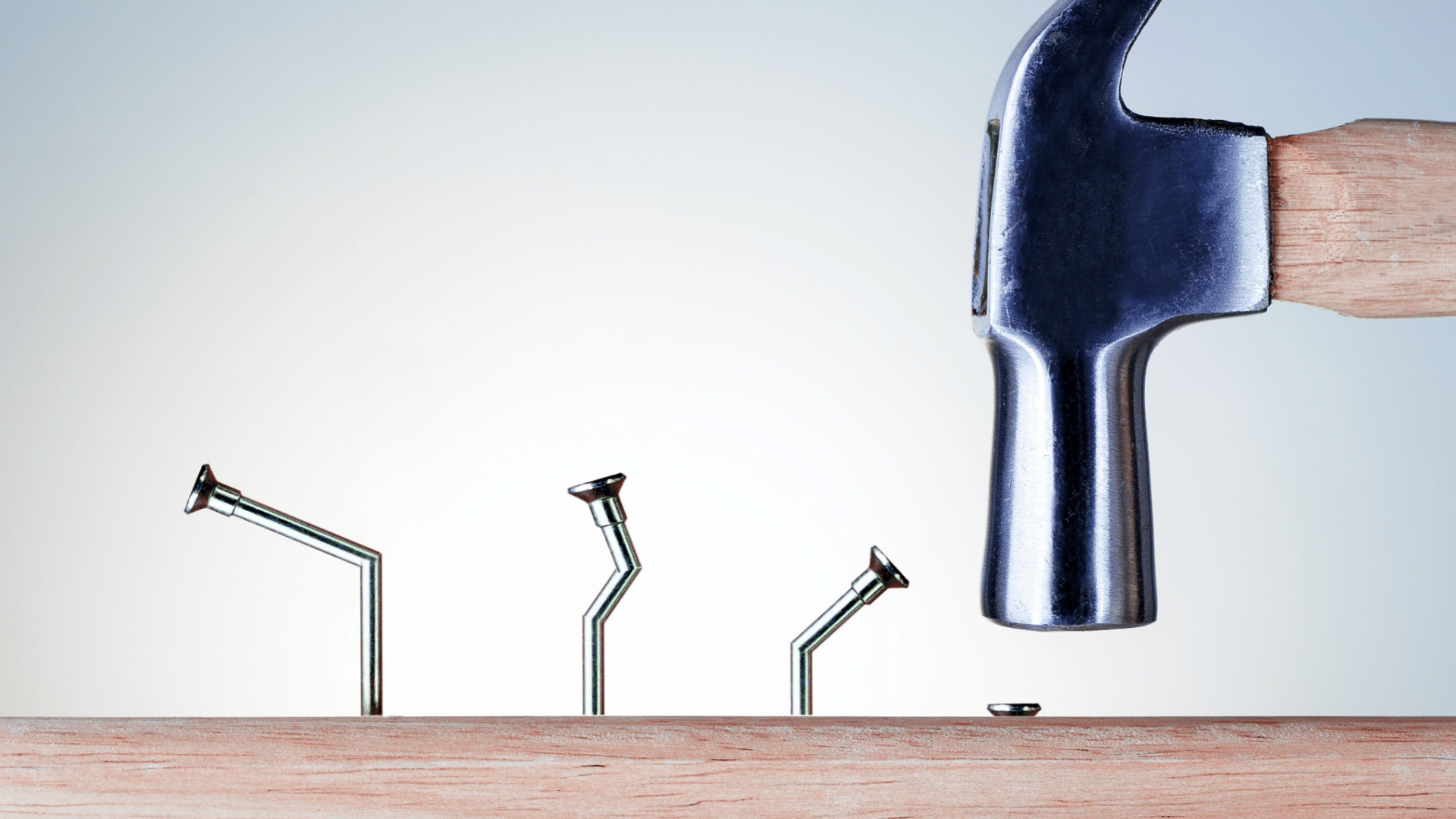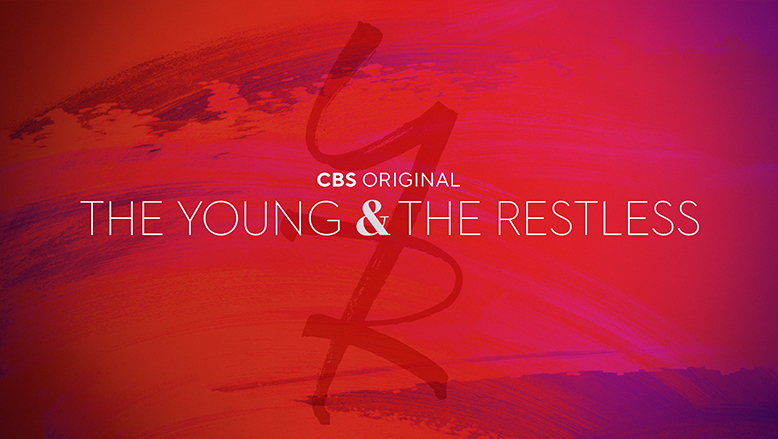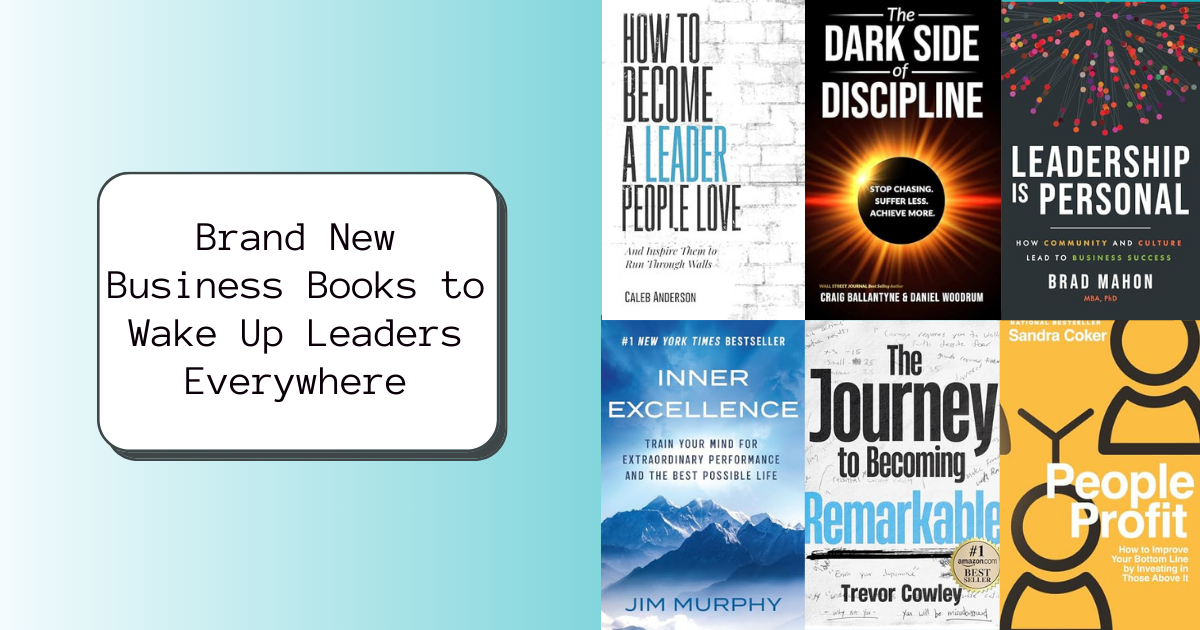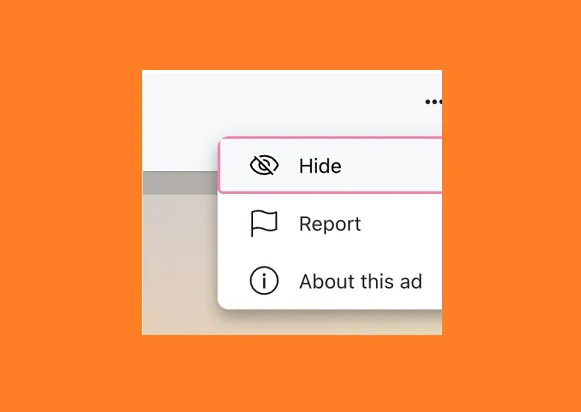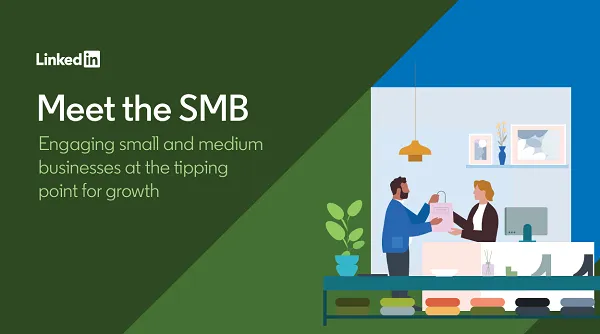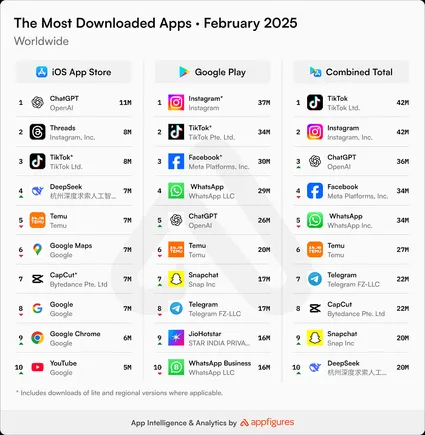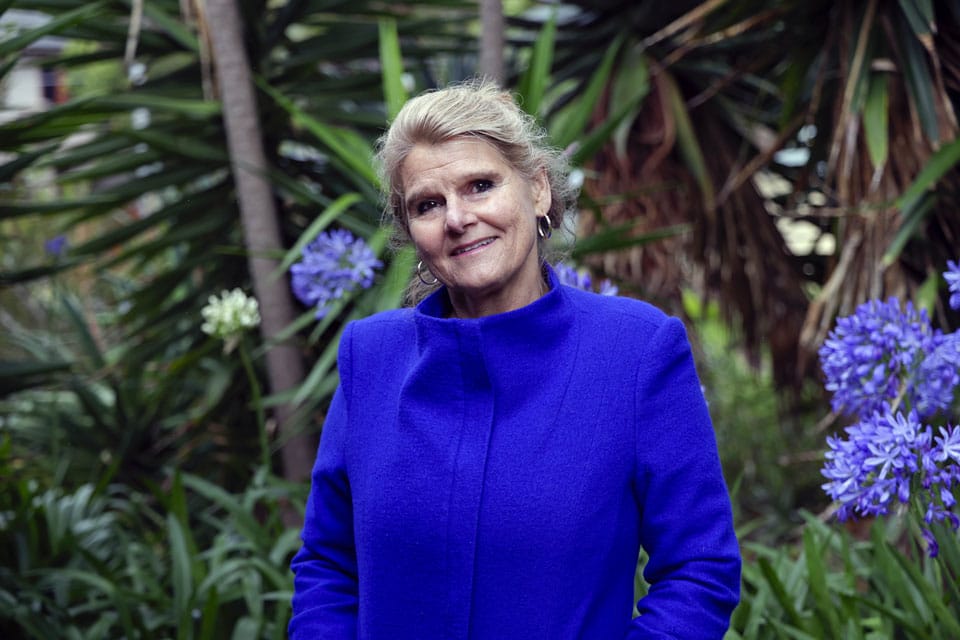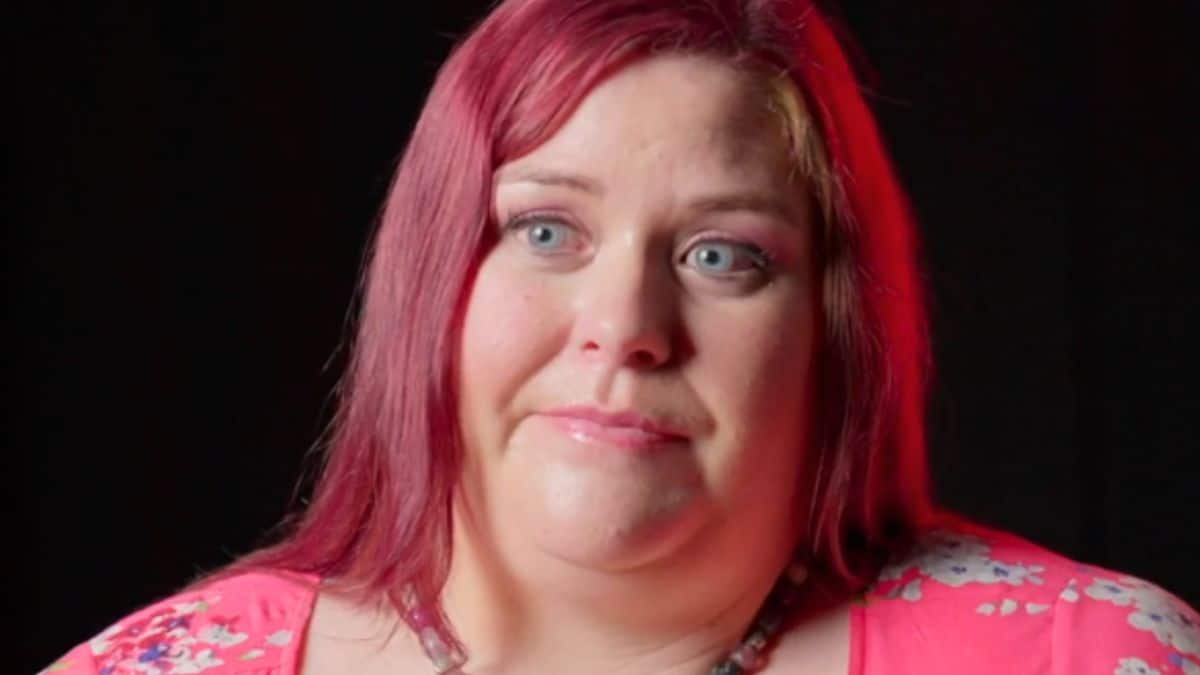Living in an unpredictable world where everything appears to be out of control, it is easy to become overwhelmed. Amidst these challenges, our mental health often takes a toll, leaving us feeling vulnerable and trapped in a cycle of negativity, unable to see beyond the immediate struggles.
The constant pressure we face daily can harm our well-being over time. However, even when circumstances seem beyond our control, we still hold the power to shape our responses. Here are five essential steps to help you regain and sustain your mental and emotional health, even in the face of adversity:
Step One: Be kinder to yourself.
Often, we are much harder on ourselves than we are on others. Nurture self-compassion by refraining from categorising experiences as exclusively positive or negative. Life’s journey often presents us with both smooth and rough roads. Instead of viewing challenges as setbacks, perceive them as opportunities for growth and resilience-building. You aren’t going to increase your driving skills by staying on a smooth road.
When we acknowledge that all paths, regardless of their difficulty, serve a purpose in our evolution, our definition of success becomes less reliant on always being happy and driving down smooth roads. Thus, encountering a rough day, making tough decisions, or receiving critical feedback no longer feels like a failure but becomes part of an Advanced Driving Course, leading you toward greater resilience and personal development. Remember, it may be rough, but it’s not bad.
Step Two: Retain control over your emotions and responses.
When we attribute our feelings to external factors—blaming individuals or circumstances for our emotional state—we relinquish command of our emotional well-being. Phrases like “You’re making me angry” or “Work is stressing me out” strip us of our control and render us vulnerable, fostering a sense of powerlessness that can be disheartening.
In moments of perceived powerlessness, the temptation to retaliate often arises:
- “You struck me, so I’ll strike back.”
- “You cut me off, so I’ll tailgate you.”
- “You uttered negativity, so I’ll reciprocate with negativity.”
Choose empowerment over blame: Say, “I choose to feel” instead of “You made me.” This switch gives you control, fostering resilience and mental well-being as you navigate daily challenges.
Step Three: Identify your daily triggers – TEPs
The accumulation of minor daily stressors often impacts our mental health more than major events. Each TEP adds to our stress levels, gradually filling our “glass of stress.” When it’s full, even a minor TEP can cause it to overflow, leading to mental and physical health issues.
By recognising your daily TEPs, such as the alarm clock, body image concerns, noisy chewing, work-related challenges, relationship issues, or traffic, you can gain control over what silently fills your stress “glass.”
Create a list of your daily TEPs to move on to step 4.
Step Four: Reduce stress with a PET (Personal Emotional Tool).
PETs vary for each person and may include exercise, drawing, deep breathing, listening to music, taking a shower or bath, reading, enjoying tea or coffee, having chocolate, or receiving a massage. Pairing your TEPs with a corresponding PET is key. For example, traffic/podcast, getting things wrong/deep breathing, feeling alone/reading, getting out of bed/song.
By being aware of your TEPs and using the appropriate PET, you can empty your stress “glass” daily, preventing it from overflowing and making life overwhelming. Be mindful that overindulging in any PET, such as alcohol or chocolate, can quickly turn it into a TEP. (Don’t be discouraged by the terminology; just as you use Google, Twitter, or TikTok, embrace using PETs and TEPs to manage your well-being).
Step Five: Understand emotional contagion
Emotional contagion occurs when one person’s emotions and behaviours influence others’ feelings and actions. Recognise the emotional atmosphere of those around you and consciously decide whether to engage. It can be empowering to realise that you have the option to remain objective when someone is experiencing challenges rather than taking it personally and joining them on their rough road.
Acknowledging the emotional influence of others allows for empowered decision-making. While emotional contagion may affect us, recognising our agency empowers us to choose whether to engage, fostering emotional autonomy and resilience in our interactions. Remember, every decision to join or remain objective is within our control.
By becoming less judgmental towards yourself and taking control of your responses to people and circumstances, you are taking the first steps towards managing your mental health. Understanding your daily TEPs and pairing them with the appropriate PET can empty your glass of stress, preventing it from overflowing and producing a feeling of overwhelm. Acknowledging when someone is on a rough road and consciously choosing not to join them enables you to remain objective and in control. Remember, you are not failing when you are experiencing rough conditions. You are participating in the contrast of life.
Written by Dr. Jane Foster.
Have you read?
The Fundamental Element in Planning – Trust.
Valuing Employees, Customers Helps Skilled Trades Companies Combat Inflation.
Leading Working America: Be Intentional with the Micro-Moments.
Best Tips & Tricks for Picking an Instagram Promotion Service.
Want to boost cash flow? Change how you manage the order-to-cash process.
Add CEOWORLD magazine to your Google News feed.
Follow CEOWORLD magazine headlines on: Google News, LinkedIn, Twitter, and Facebook.
This report/news/ranking/statistics has been prepared only for general guidance on matters of interest and does not constitute professional advice. You should not act upon the information contained in this publication without obtaining specific professional advice. No representation or warranty (express or implied) is given as to the accuracy or completeness of the information contained in this publication, and, to the extent permitted by law, CEOWORLD magazine does not accept or assume any liability, responsibility or duty of care for any consequences of you or anyone
else acting, or refraining to act, in reliance on the information contained in this publication or for any decision based on it.
Copyright 2024 The CEOWORLD magazine. All rights reserved. This material (and any extract from it) must not be copied, redistributed or placed on any website, without CEOWORLD magazine’ prior written consent. For media queries, please contact: info@ceoworld.biz
SUBSCRIBE NEWSLETTER













